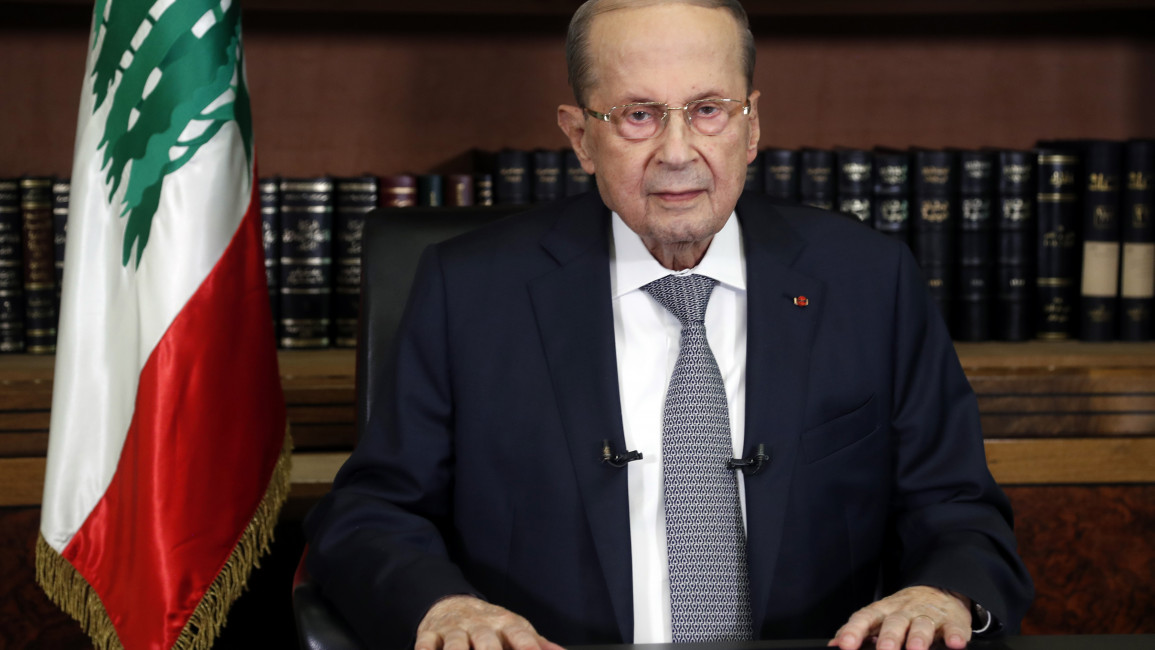Lebanese president says government blockage must end
Lebanon's president on Monday called for an end to a government boycott, implicitly criticising his ally Hezbollah for blocking cabinet meetings since October over demands to fire a judge.
Lebanon's fragile government, formed in September to stem the country's worst financial crisis, has not met for more than two months, since October 12.
The Iran-backed Shia movement Hezbollah and its Amal movement ally headed by parliamentary speaker Nabih Berri are spearheading the boycott.
They are demanding the replacement of judge Tarek Bitar who is investigating a blast that ripped through the capital Beirut in August 2020.
The explosion of a shipment of ammonium nitrate fertiliser stored haphazardly in a port warehouse for years killed at least 215 people and disfigured the capital.
Top political and security officials knew of the dangers posed by the shipment but failed to take action.
Efforts by Bitar to interrogate ex-ministers have been challenged with lawsuits, while Hezbollah and Amal accuse him of politicising the probe.
"It is imperative that the cabinet meets and remedies... the problems in the Council of Ministers," President Michel Aoun said in a televised speech.
"By which law, by which logic, by which constitution is the Council of Ministers blocked, asked to make a decision that does not fall within its powers," he said.
Without naming them, he was referring to the demands from Hezbollah and Amal that cabinet deal with their demand to remove Bitar.
Lebanon is grappling with an unprecedented economic crisis branded by the World Bank as one the planet's worst since the mid-19th century.
More than 80 percent of the population lives in poverty and the local currency has lost more than 90 percent of its value on the black market.
Political squabbling has hampered financial recovery, including talks with the International Monetary Fund.
Last week Aoun said Lebanon would need "six to seven years" to emerge from its crisis, while some experts have said it would be much longer.
In another swipe at Hezbollah, Aoun on Monday said Lebanon's defence is the state's responsibility.
Hezbollah wields major political and military influence in Lebanon and is the only group to have kept its weapons since the end of the 1975-1990 civil war.
"The state alone puts up the defence strategy and attends to its implementation," Aoun said.


![President Pezeshkian has denounced Israel's attacks on Lebanon [Getty]](/sites/default/files/styles/image_684x385/public/2173482924.jpeg?h=a5f2f23a&itok=q3evVtko)





